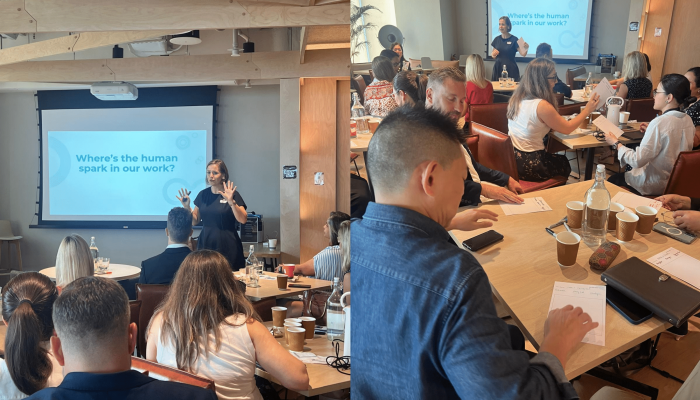In medieval times, moral philosophy was ‘absolutist’.
This is the belief that there was a definite right and wrong in all circumstances.
The main reason for this was religion.
Life and death depended on religion, and religion depended on belief not reason.
So humans were limited to obeying, not thinking.
But since medieval times, religion has lost its grip on our minds.
Now we are capable of thinking and questioning.
And that has led to the rise of ‘relativist’ moral philosophy.
Relativist differs from absolutist because all answers are dependent on circumstances.
So all answers are relative, not absolute.
For instance, we still accept “Thou shalt not kill” as a general rule.
But now we also think first.
If we kill a single evil person in order to save the lives of thousands of innocent people, can that be wrong?
The same is true with homosexuality, gender equality, slavery, or torture.
Many things which were taught as unquestionably right or wrong can now be seen as more nuanced, less simplistic.
Everything is dependent on circumstances, which require thinking, which requires questioning.
Which is what I find worrying about handing all thinking over to technology.
Technology is absolutist, technology starts with an answer.
Machines will defer mechanically to whatever has been programmed into them.
They aren’t capable of differing from their programming.
For me, technology feels like a return to the days of belief instead of thinking.
A return to medievalism and scholasticism.
Scholasticism were the debates that scholars (monks or priests) would indulge in.
Debates which centred around interpretations of God and The Bible.
Debates like: if God is omnipotent can he make something he can’t lift?
Because if he can’t lift it, then he isn’t omnipotent.
And if he can’t make it, then he isn’t omnipotent.
The winner of the debate was whoever best justified God’s purpose.
(Because the one thing that wasn’t open to debate was doubting God’s existence.)
So the greatest ‘thinkers’ of the dark ages were the scholars who could argue, in esoteric detail, points that had no bearing on ordinary people’s lives.
How many angels could fit on the head of a pin?
It was called scholasticism because the debate could only be had between scholars, and the results would only be of interest to scholars.
It had no bearing on the lives of ordinary working folk.
Which pretty much sums up where we find ourselves in advertising today.
All our debate is arcane and left to people who are good at debating.
People who have knowledge of technology, thinking, and language that has nothing to do with ordinary people.
So the results have nothing to do with ordinary people.
And all thinking is given over to a higher authority.
And the higher authority can’t be questioned.
Technology gives us answers which we can’t question.
In fact we are not even allowed to join the debate unless we can prove we are also scholars.
That we’ve learned the esoteric language.
The language that ordinary people don’t speak.
So technology dictates all thinking, and the language keeps it impenetrable.
It feels like we’re progressing all the way back to a modern version of the dark ages.
This article originally appeared on davetrott.co.uk



